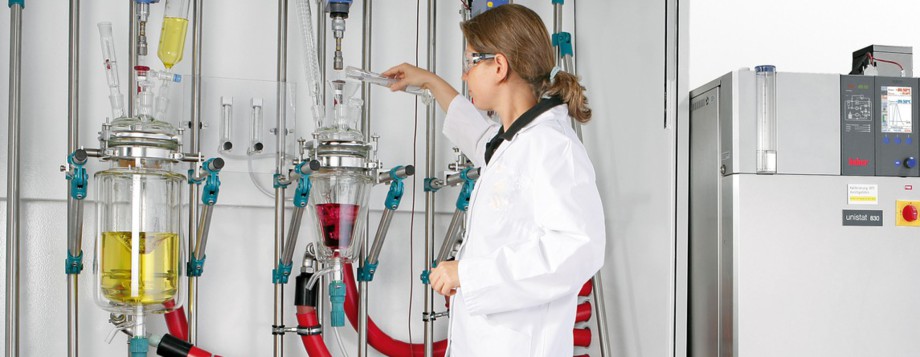The choice of a high-quality glass reactor is extremely important if you want to conduct different chemical studies. This is because this instrument, when you choose it wisely, can be utilized for different laboratory operations, including dissolution of solids, product mixing, batch distillation, crystallization, polymerization, and many others. In this short guide, we are going to review some basic things you need to reveal to make the right choice.
What is a laboratory glass reactor?
A chemical glass reactor is a specialized laboratory apparatus used for conducting chemical reactions on a small to medium scale. It consists of a glass vessel, typically with a cylindrical shape, designed to contain the reaction mixture. The glass material provides excellent visibility of the reaction process, allowing researchers to monitor and control the reaction parameters. Chemical glass reactors often feature additional components such as stirring mechanisms, temperature control systems, and ports for introducing reactants or sampling the reaction mixture. They are widely used in various fields of research, including chemistry, pharmaceuticals, and materials science.
Types of glass reactors
- Single-Layer Glass Reactor: This type of reactor consists of a single glass vessel for conducting reactions on a small scale. It is suitable for simple reactions and is easy to operate.
- Double-Layer Glass Reactor: With an additional jacketed layer, this reactor provides better temperature control and insulation. It is commonly used for reactions requiring precise temperature control or for reactions involving volatile substances.
- Cylindrical Glass Reactor: This reactor has a cylindrical shape, offering a larger reaction volume. It is suitable for scale-up experiments and processes requiring a larger quantity of reactants.
- Multifunctional Glass Reactor: This versatile reactor can accommodate various reaction types, such as reflux, distillation, and fractionation. It is equipped with additional components and accessories for different experimental requirements.
- Photocatalytic Glass Reactor: Designed for photocatalysis reactions, this reactor allows for efficient light penetration into the reaction mixture. It is used in research related to photocatalytic materials and solar energy conversion.
- High-Pressure Glass Reactor: This reactor is specifically designed to withstand high-pressure conditions, enabling reactions at elevated pressures. It is commonly used for reactions requiring high pressure, such as hydrogenation or polymerization processes.
- Microreactor: A miniaturized version of a glass reactor, the microreactor allows for small-scale reactions with reduced reagent and solvent volumes. It is used for high-throughput experimentation and rapid screening of reaction conditions.
Where to buy a glass reactor?
If you want your lab glass reactor to serve as a high-quality tool for a long period of time, make sure to buy a certified instrument from a reliable supplier. The Chemist EU store is one of the options to find instruments and compounds for different chemical reactions at reasonable costs.

